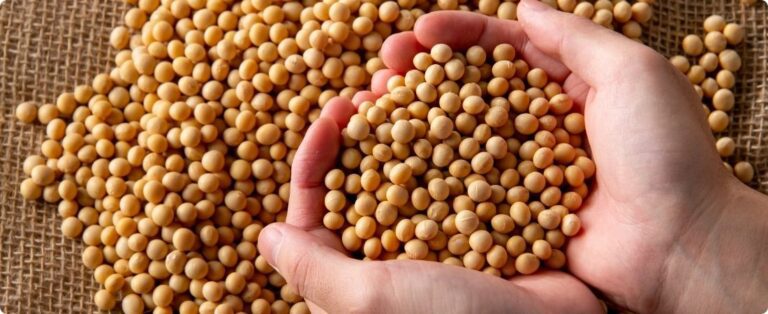
Image: Pixabay
Corn was the highlight of exports in January this year, with an increase of 166.5% in value and 125.9% in quantity.
The Institute for Applied Economic Research (Ipea) released, this Friday (10/2), a note on agribusiness foreign trade, with data from January 2023. The agribusiness trade balance started the year with a surplus of US$ 8, 69 billion, well above the surplus of US$ 2.61 billion in the total trade balance (which considers products from all sectors). The value of Brazilian exports broke a new record: US$ 10.22 billion, an increase of 16.4% compared to January last year. In the same period, the value of imports grew by 37.1%, reaching US$ 1.53 billion.
{module Form RD}
In January 2022, a month considered a typical “off-season” for agribusiness in the trade balance, soy boosted exports. In January this year, shipments were led by corn, which registered an increase of 166.5% in value and 125.9% in quantity. In terms of participation, corn was responsible for 17.3% of the total exported by the sector – of the US$ 10.22 billion exported by agribusiness in the first month of the year, US$ 1.77 billion refer to grain.
Brazil is the third largest corn exporter in the world, behind the United States and Argentina. Thanks to the opening of the Chinese market (which enabled more than 130 new corn export facilities in Brazil) and the fall in the North American harvest, Brazil can increase its participation in 2023. Despite being the second largest corn producer in the world, China depends on the international market for domestic consumption, and is looking for new suppliers that can replace the United States – China's largest supplier of the grain.
In addition to corn, other highlights in terms of exports were sugar, chicken meat and pork, with increases of 67.7%, 38.9% and 32.0% in value, respectively. The trio, which showed a significant increase in quantity and price, compared to the same period in 2022, represented 36.1% of last month's total exports, together with corn.
Wheat continued to be the main product in Brazil's import basket, with an increase of 13.2% in value compared to January 2022, while the quantity imported fell by 12.3% in the same period. Malt imports stood out in January, with an increase of 37.6% and 9.4% in value and quantity, respectively. It is worth noting that, like wheat, Brazil is dependent on the import of malt and barley – two of the main inputs for beer production.
In the last 12 months, there was an increase of 29.6% in exports and 15.1% in agribusiness imports. As a result, the sector's trade balance increased to US$ 142.66 billion in this period, a performance more than enough to offset the deficit accumulated by the other sectors (US$ 78.46 billion). As a result, the total trade balance was positive at US$ 64.19 billion.
For Ana Cecília Kreter, an associate researcher at Ipea who signed the note co-authored with José Ronaldo Souza Júnior, Fábio Servo, Diogo Ferreira and Guilherme Soria Bastos Filho, despite the adverse weather forecast for this year, the prospects for this harvest are still good for Brazilian agribusiness. Even with the revision of corn and soybean estimates due to the problems faced in the south of the country, production will be higher than the previous harvest, with a new production record for soybeans. “With the expectation of good production in Brazil and a greater share of Brazilian corn in the international market, agribusiness could close 2023 with an even greater contribution to the country's total trade balance”, highlighted Kreter.
Source: IPEA | Notícias Agrícolas










